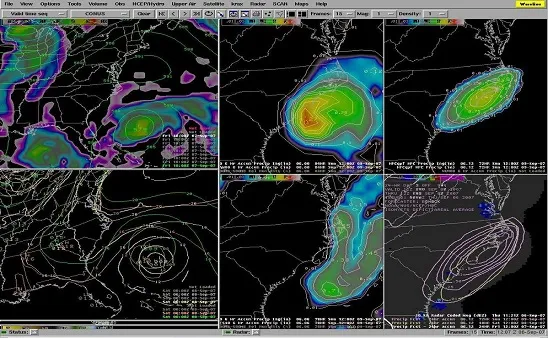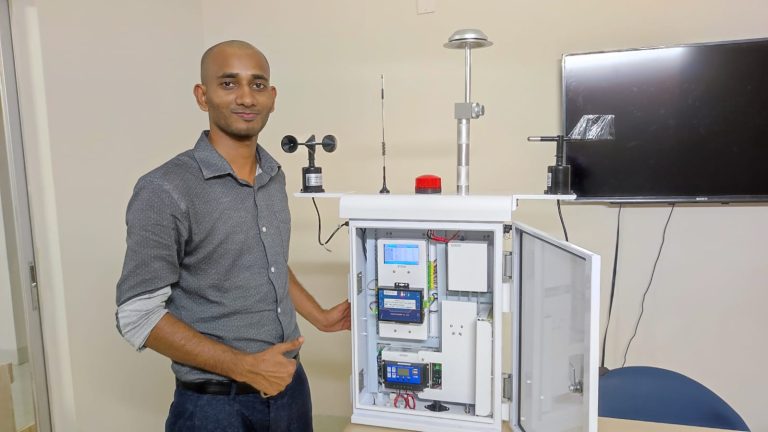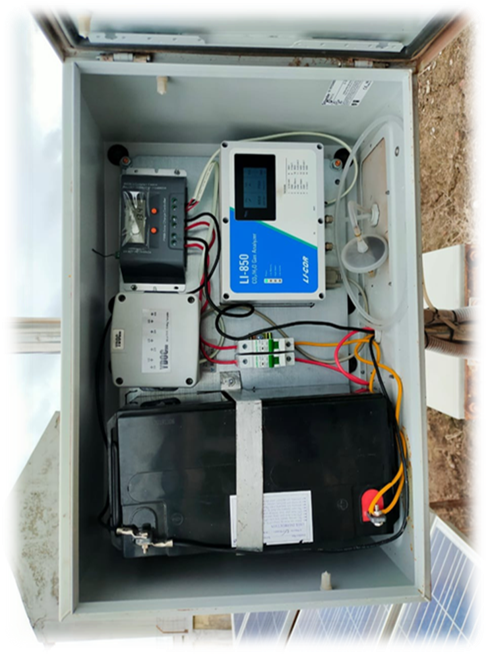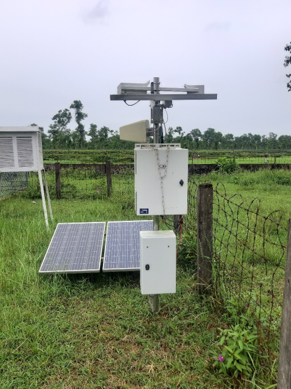Numerical Data Modeling and Forecasting

- Modeling Simulation Forecasting Systems (MSFSs)
Modeling Simulation Forecasting (MSF) systems are a type of system that uses models, simulations, and forecasting to predict future events. MSF systems are used in a variety of fields, including business, finance, healthcare, weather forecasting, ocean modeling, engineering, and environmental science.
- MSF systems typically consist of the following components:
- Models are mathematical representations of real-world systems. They are used to understand how systems work and to predict how they will behave in the future. Models are typically built using equations that describe the relationships between different variables in the system. For example, a model of the weather might include equations that describe how temperature, humidity, and pressure interact to create different weather patterns.
- Simulations are computer programs that use models to create artificial versions of real-world systems. Simulations are used to test different scenarios and to see how they would affect the system. For example, a simulation of the weather might be used to see how different levels of greenhouse gases would affect the global climate.
- Forecasting is the process of predicting future events. Forecasting is used to make decisions about the future, such as when to buy or sell stocks or when to schedule surgery. Forecasting is typically done using models and simulations to predict how different variables will interact in the future.
- MSFSs can be used to:
Understand how systems work: MSFSs can be used to understand how systems work by providing insights into the relationships between different variables.
Predict future outcomes: MSFSs can be used to predict future outcomes by simulating how systems will behave under different conditions.
Test the effectiveness of policies: MSFSs can be used to test the effectiveness of policies by simulating how the policies will affect the behavior of systems.
Make decisions: MSFSs can be used to make decisions by providing information about the likely consequences of different courses of action.
MSFSs are a powerful tool for understanding, predicting, and making decisions about complex systems. They are becoming increasingly important as the world becomes more interconnected and complex.
- Here are some of the benefits of using an MSFS:
Improved understanding: MSFSs can help to improve understanding of complex systems by providing insights into the relationships between different variables.
More accurate predictions: MSFSs can help to improve the accuracy of predictions by simulating how systems will behave under different conditions.
Better decision-making: MSFSs can help to make better decisions by providing information about the likely consequences of different courses of action.
Implementations
MSFSs are being used in a variety of ways to improve our understanding of ocean modeling, environmental monitoring, and river monitoring.
Ocean modeling
MSFSs are being used to improve our understanding of ocean circulation, ocean acidification, and the effects of climate change on the ocean. For example, the Global Ocean Circulation Model (GOC) is a MSFS that is used to simulate the global ocean circulation. The GOC has been used to study the effects of climate change on the ocean, such as the melting of sea ice and the rise in sea level.
Environmental monitoring
MSFSs are being used to improve our understanding of environmental pollution and to monitor the effectiveness of environmental policies. For example, the Environmental Protection Agency (EPA) uses MSFSs to monitor the quality of air and water. The EPA’s models have been used to study the effects of air pollution on human health and to track the progress of environmental cleanup efforts.
River monitoring
MSFSs are being used to improve our understanding of river dynamics and to monitor the effects of climate change on rivers. For example, the National Center for Atmospheric Research (NCAR) uses MSFSs to simulate the flow of water in rivers. The NCAR’s models have been used to study the effects of climate change on river flooding and to develop strategies for managing river water resources.
MSFSs are a powerful tool for understanding and managing complex systems. They are becoming increasingly important as the world becomes more interconnected and complex.






